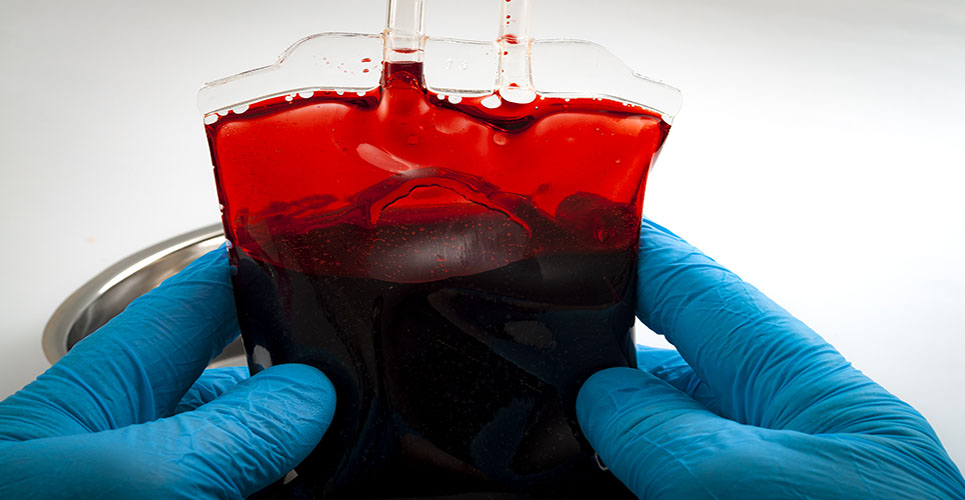Swedish Orphan Biovitrum AB (Sobi) and its partner Biogen released interim results from the B-YOND study presented at the 67th Annual Meeting for the National Hemophilia Foundation in Dallas, Texas. The results support the long-term safety and efficacy of Alprolix(R) (rFIXFc) in people with severe haemophilia B treated for up to two years. Participants in this Phase III, open-label long-term study maintained low bleeding rates with one to two week prophylaxis regimens. No inhibitors have been reported to-date.
Swedish Orphan Biovitrum AB (Sobi) and its partner Biogen released interim results from the B-YOND study presented at the 67th Annual Meeting for the National Hemophilia Foundation in Dallas, Texas. The results support the long-term safety and efficacy of Alprolix(R) (rFIXFc) in people with severe haemophilia B treated for up to two years. Participants in this Phase III, open-label long-term study maintained low bleeding rates with one to two week prophylaxis regimens. No inhibitors have been reported to-date.
“B-YOND represents the most extensive long-term clinical data set for a long-acting replacement FIX product. These interim results support the efficacy and safety profile of Alprolix in paediatric patients as well as in adults and adolescents“, says Birgitte Volck, Chief Medical Officer at Sobi.

B-YOND is an ongoing extension study for people with severe haemophilia B who completed the Phase III pivotal B-LONG or Kids B-LONG study. The study’s primary endpoint is inhibitor development. From the beginning of B-LONG or Kids-B-LONG until the B-YOND interim data analysis, the cumulative median time on Alprolix was 171.6 weeks for adults and adolescents (n=93), and 95.3 weeks for children under age 12 (n=23).
Alprolix (rFIXFc) is an investigational recombinant clotting factor IX therapy designed to have prolonged circulation in the body. According to the interim analysis, adults and adolescents treated prophylactically maintained protection against bleeding episodes with injections every one to two weeks. These participants had overall median annualised bleeding rates (ABR) of 2.28 for weekly prophylaxis (20-100 IU/kg of Alprolix every seven days), 2.25 for individualised prophylaxis (100 IU/kg of Alprolix every 8 to 16 days, or every other week) and 2.42 for modified prophylaxis (personalised dosing if optimal prophylaxis could not otherwise be achieved). In contrast, people receiving on-demand therapy, or treatment when a bleeding episode occurred, had a median ABR of 11.27.
The median overall ABR was zero for children under the age of six who received weekly prophylaxis (n=9). For children 6 to 12 years old, median overall ABRs were 2.65 (n=10), 2.37 (n=5) and 3.13 (n=1) in weekly, individualised and modified prophylaxis regimens, respectively. In each age group, the median average weekly dose for participants previously on prophylaxis was similar for individuals in the weekly and individualised treatment arms.
“Study participants receiving prophylactic treatment continue to experience low bleeding rates during this long-term study. The B-YOND study plays an important role in helping us understand this therapy’s long-term clinical profile and therapeutic value,” says Professor John Pasi, Professor of Haemostasis and Thrombosis at Barts and the London, United Kingdom.
